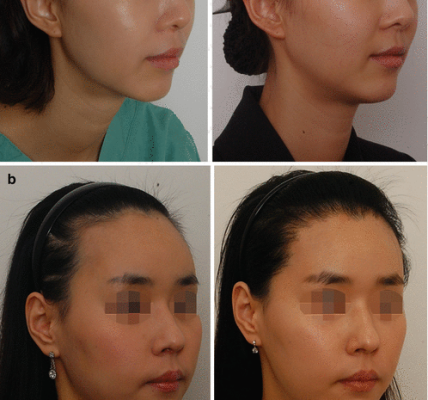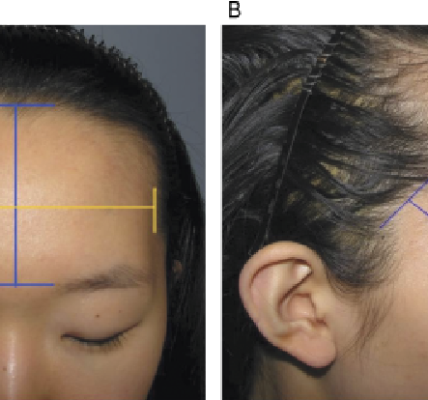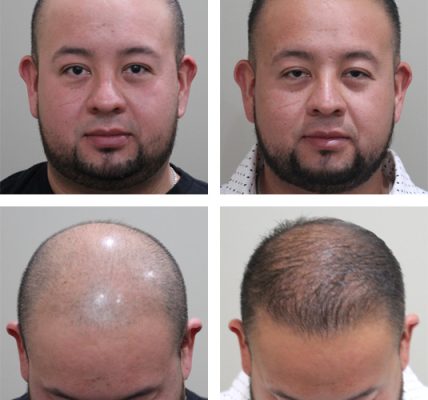Hair restoration procedures, such as hair transplants, typically do not directly affect hair loss related to zinc deficiency. However, zinc deficiency can contribute to hair loss, and addressing this deficiency may be beneficial for overall hair health and growth.
Zinc is an essential mineral that plays a vital role in numerous physiological processes in the body, including hair growth. It is involved in the synthesis of DNA, RNA, and proteins, which are essential for hair follicle function and growth. Zinc also plays a role in the maintenance of the oil-secreting glands attached to hair follicles, which help keep the scalp and hair healthy.
A deficiency in zinc can lead to a variety of symptoms, including hair loss. When the body lacks zinc, it can affect the health of the hair follicles, leading to weaker, thinner hair that is more prone to shedding. Zinc deficiency can also disrupt the normal hair growth cycle, leading to increased hair loss.
Hair restoration procedures, such as hair transplants, involve the transplantation of hair follicles from one part of the scalp to another to restore hair growth in areas of thinning or balding. These procedures do not directly address the underlying causes of hair loss, including nutritional deficiencies like zinc deficiency. However, by restoring hair growth in areas where hair follicles are transplanted, these procedures can improve the appearance of hair density and coverage.
To address hair loss related to zinc deficiency, it is important to first diagnose the deficiency through blood tests. If a deficiency is confirmed, zinc supplementation may be recommended by a healthcare professional. It’s important to note that excessive zinc intake can also be harmful, so supplementation should be done under medical supervision.
In addition to addressing nutritional deficiencies, other approaches can help manage hair loss and promote hair growth. These may include using topical minoxidil or finasteride, which are FDA-approved medications for treating hair loss, as well as maintaining a healthy diet rich in essential nutrients for hair health.
In conclusion, while hair restoration procedures may not directly affect hair loss related to zinc deficiency, addressing nutritional deficiencies such as zinc deficiency can be important for overall hair health and growth. If you are experiencing hair loss, it’s important to consult with a healthcare professional to determine the underlying cause and develop an appropriate treatment plan.






